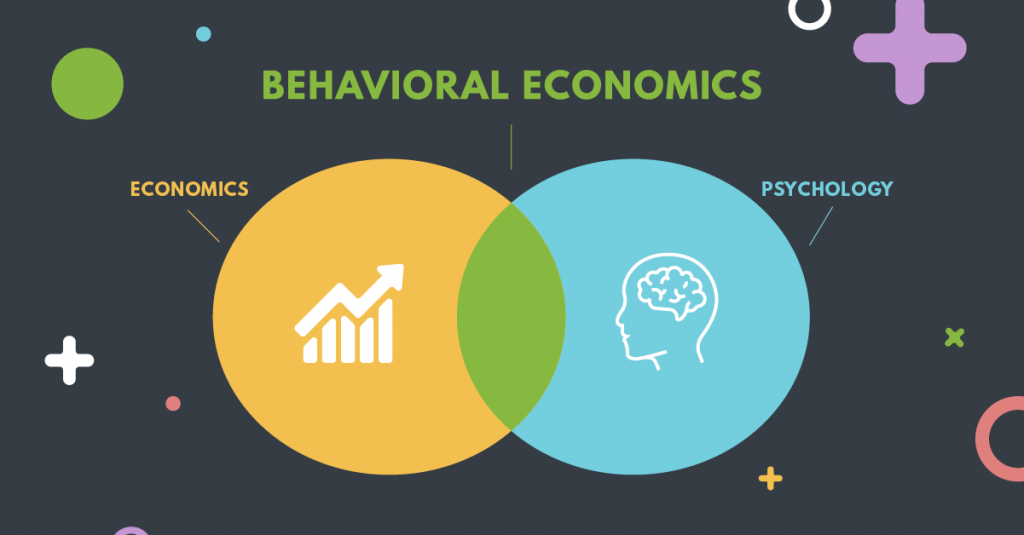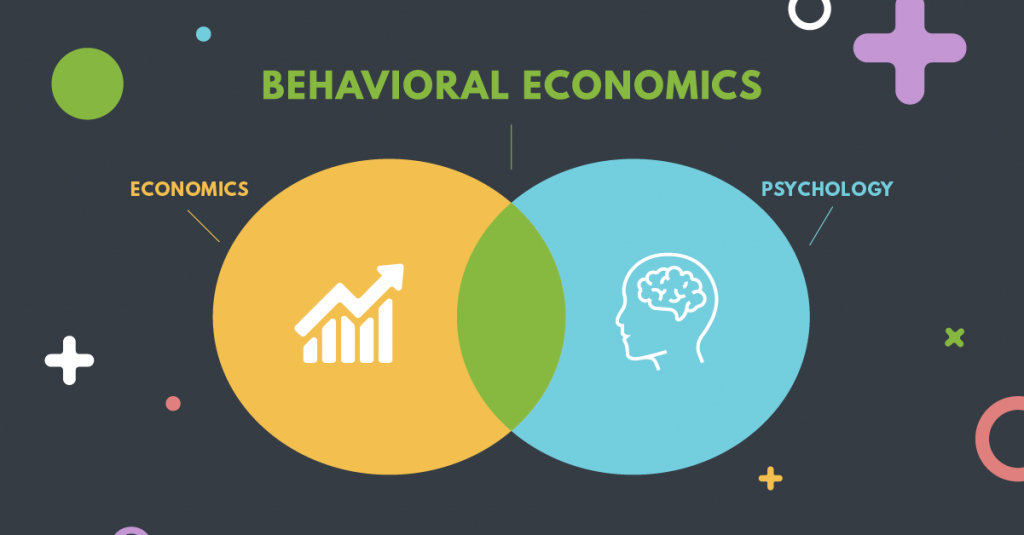Career Trends: April 3, 2024
Curated by the Knowledge Team of ICS Career GPS

Content Credit:
- Article by Blake Pinto, published on thechicagoschool.edu. Original article link.
Our everyday decisions––from where we go to what we eat––are influenced by small factors that are hidden from plain sight. The field of behavioural economics examines each of these day-to-day choices, resulting in a progressive understanding of human behaviour that combines both psychology and economics. A growing number of sectors and institutions are increasingly seeking the expertise of behavioural economists to shape their policies.
To better understand this unique field of study, here are some options for those interested in pursuing a career in behavioural economics.
What is Behavioural Economics?
Behavioural economics is the study of judgment and choice. According to Harvard Business Review, it “combines insights from psychology, judgment and decision making, and economics to generate a more accurate understanding of human behaviour.”
In many traditional economic models, there still remains inexplicable human behaviour that skews the data. This is where behavioural economics steps in. The study of behavioural economics can help us understand these anomalies and gain a fuller understanding of human behaviour, preferences, and errors in cognition.
Behavioural economics is leveraged across a wide range of industries to better understand consumer behaviour. For example, a sales team may use it to increase response rates or improve customer experience; a health system may leverage principles of behavioural economics in an attempt to increase organ donation.
Careers in Behavioral Economics
1. Market Research Analysts
- Research is a central part of behavioural economics, as the field is always evolving.
- After achieving your master’s degree, you may be suited for a market research analyst position.
- Researchers and analysts may work in either the private or public sector to help develop and implement economic theories rooted in psychology.
- By researching consumer and business choices, researchers can surmise patterns of human behaviour that then drive decision-making across industries.
2. Consultants
- Consulting is probably the most wide-reaching career available with a degree in behavioural economics, as it allows you to offer expertise to various professional sectors.
- Behavioural economic consultants work to understand the needs of their clients and develop unique business plans and solutions based on psychology and market research.
- As a consultant, you could choose a specialised sector––such as health care or education––and work either independently or as part of a private firm.
3. Professors
- As the field of behavioural economics grows, so does the need for qualified instructors.
- As a professor of behavioural economics, you can work directly with students and typically perform your own research studies on the side through your college or university.
- If you are looking to make an impact on the next generation of behavioural economists while still pursuing research, this is a great career choice.
- However, a Ph.D. in behavioural economics is typically required to reach this level.
4. Policy Advisers
- Many behavioural economic specialists will work as advisers for public policy.
- This can include working as a part of a local or national government to develop effective and comprehensive communications, budgets, and proposals.
- Behavioural economics allows advisers to look at the small ways they can influence citizens toward positive, prosocial behaviours such as eating healthily or more eco-friendly lifestyles.
5. Advertisers
- Principles of behavioural economics are used every day in marketing and advertising.
- Entering the advertising field as a graduate of a behavioural economics programme gives you a competitive edge and immense insight into the minds of consumers.
- By better understanding the decision-making of your target audience, you can more effectively advertise to them too.
6. Behavioural Finance Specialist
- For individuals with a master’s in behavioural economics, the financial sector is a booming haven.
- Banks and other financial institutions hire behavioural finance specialists to assess the good and bad ways that people invest.
- The behavioural finance expert takes up the task of creating methods that effectively improve investment tools based on their assessment.
- The financial sector greatly depends on behavioural finance experts to create innovations that produce better tools that facilitate the massive sector.
While behavioural economics focuses on the economy, it is quite distinct from a traditional economics degree. Students pursuing a degree in behavioural economics dive deeper into the theories covered in economics and seek out the mechanisms and decision-making behind these models.
…
Have you checked out yesterday’s blog yet?
7 Signs of Mental Strength
(Disclaimer: The opinions expressed in the article mentioned above are those of the author(s). They do not purport to reflect the opinions or views of ICS Career GPS or its staff.)
Like this post? For more such helpful articles, click on the button below and subscribe FREE to our blog.





One Reply to “Career Paths in Behavioural Economics”